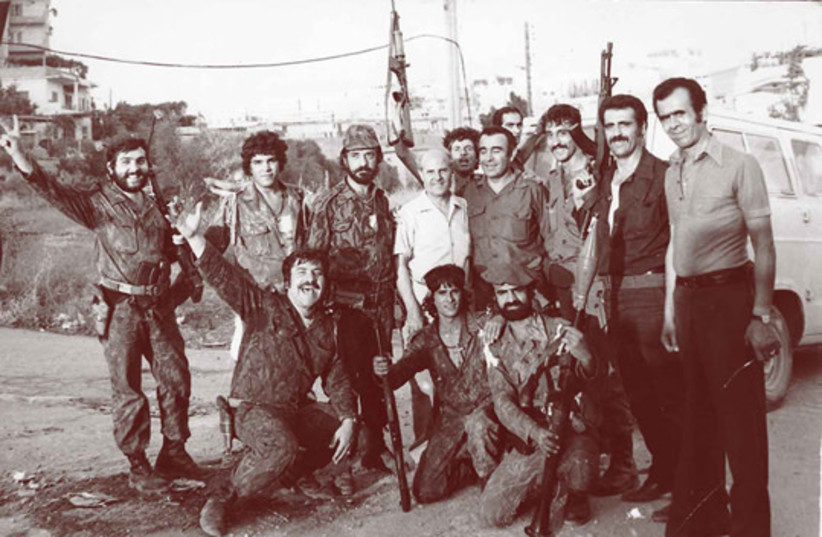January 18, 2022, marks 46 years since the Karantina massacre, an event during the Lebanese Civil War where an estimated 1,500 people living in a largely Palestinian Muslim area in east Beirut were killed at the hands of right-wing Christian Lebanese militias.
The slaughter was one of the first major massacres of the Lebanese Civil War. At the time, Karantina was inhabited by Kurds, Armenians, Syrians and Palestinians, and was under the control of the Palestine Liberation Organization (PLO). However, Christian militias stormed the area – specifically the Phalangists, also known as the Kataeb Party. The resulting fighting saw some 1,500 killed as Christian Lebanese forces took control there.
The massacre itself was merely the start of fierce fighting and bloodshed in the region. Shortly after the killings, Christian Lebanese forces laid siege to the Tel al-Zaatar refugee camp, which lasted until the summer and would also result in a massacre.
The incident also directly triggered a response from the PLO in the form of the Damour massacre just days later on January 20. This slaughter saw PLO and allied Lebanese forces enter the Maronite Christian town, mowing down civilians with machine-gun fire, burning down homes and forcibly gang-raping women.
The death toll of the Damour massacre is contested but is estimated to be between 150 and 582 civilians killed.

The Lebanese Civil War was a brutal and geopolitically complex conflict that lasted for more than 15 years where nearly 150,000 people were killed. The conflict saw involvement from multiple nations such as Iraq, the US, France, Italy and, most famously, Israel, which invaded Lebanon in 1982.
The events of the Lebanese Civil War and the causes behind them continue to influence the country internally to this day.
